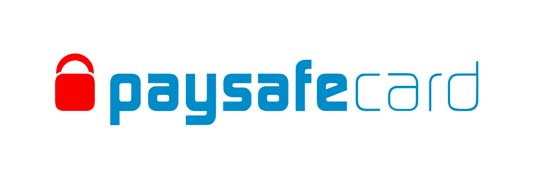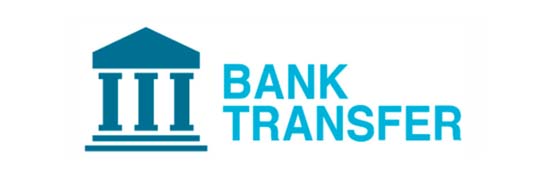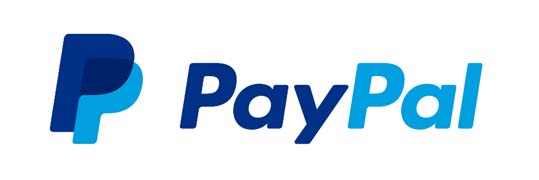Playing at online casinos is now just as easy, if not easier, than playing at the real thing. Online and mobile casino operators have streamlined the process, from first sign-up to cash out, so that anyone can do it regardless of technical expertise. If you’re able to buy stuff online, you’re able to open, deposit and withdraw from your casino account, and the process is pretty much the same across the sector.
A large part of the process is the casino deposit method, the payment method by which you transfer money from your wallet to your bankroll. Payment methods vary between operators, and to some extent, it comes down to your personal preference as to how you choose to move money to and from your account. But what are the most common casino deposit methods in the industry, and how do they compare?
Casino Deposit Safety
Before even considering paying money into your casino account, you need to be assured of safety considerations. Is the casino operator licensed, regulated and confirmed as a fair, safe place to play? Moreover, is the payment method you have chosen safe, and are you protected from risks to your data and your money?
Choosing a respected casino and using a respected payment method are a large part of making the experience as safe as possible. While there’s no doubt payment convenience is a factor, prioritising safety never did anyone any harm. So which deposit methods fall into that category of safe, secure ways to pay?
PayPal: PayPal is the gold standard for secure online payments. Founded way back in 1998, the ubiquitous digital payments service has been widely used for online shopping and payments around the world. It’s likely you’ve used PayPal before to buy stuff online, or for eBay transactions, and many players default to PayPal for its ease of use and proven reputation. Connected to your bank account or payment card, PayPal is a very secure, very straightforward way to make deposits to your casino account where supported.

Skrill: Similar in many respects to PayPal, Skrill is a smaller payment processor more common in online casinos and betting sites than in other settings. It operates in much the same way as PayPal, but is more streamlined, and in many cases, comes with lower fees. Formerly Moneybookers, the platform has grown to prominence in online gaming since the early 2000s.
Neteller: Another stalwart of the online gaming scene, Neteller is often paired with Skrill as one of the main deposit methods open to players. Players can use their Neteller account to transfer money to and from their casino account, and can choose to withdraw from Neteller to their bank account, or to a debit card directly, known as a Net+ card. Protected under UK payment laws and overseen by financial industry regulators, it’s a secure, proven way to deposit into your casino account.

Paysafecard: Wallet services are arguably more common, but when it comes to security, you don’t really get more secure than Paysafecard. Paysafecard is not a wallet service at all, but operates more like a voucher system – think pay-as-you-go phone top-up. You buy a Paysafecard in a set denomination and use the voucher code to apply the funds to your online casino account. This has the advantage of being a capped amount, and completely detached from your bank account – you can even buy a Paysafecard in cash. Available from newsagents and other retailers, it’s an increasingly popular way players choose to deposit with greater discretion and control than other payment methods.

Visa: Arguably the easiest method of depositing for most players is by Visa debit card. Simply input your numbers like any online transaction, choose the amount you want to deposit, and away you go. Payments are handled securely through third-party payment processors, with the same degree of security as other online transactions. This means your card data is fully encrypted end-to-end, so you are completely safe from would-be external attacks. Backed up by the in-built security features of Visa, and powered by one of the largest payment networks in the world, it’s one way to feel totally secure in your casino deposits.

Bank Transfer: Bank transfers are another popular way of depositing to your account, fuelled by the rise in easy online and mobile banking. Rather than going through any third party, you log-in to your banking app and send the money directly to your casino’s bank account, with a reference attached to your deposit so it can be applied to your account properly. The downside here is that this process can take a little longer, as the casino needs to verify it has received the deposit before the funds can be applied to your account. However, there’s no denying that this is a very safe way to deposit, because you’re not sharing any details – it’s all within your control, via your online or mobile banking app.

Trustly: Shop and pay through your bank account, with Trustly. A straightforward, secure interface that hooks up directly to your account, Trustly operates in the same way as many of the other digital wallet services. The Swedish payments companyhas proven popular with online casino depositors for its low fees and ease of use, not to mention the security that comes from the Trustly brand.

Credit Card: Credit cards were previously a good way for players depositing who wanted payment flexibility, or the enhanced security that comes with credit card payments. However, recent changes to legislation have outlawed casino deposits on credit cards, as a mechanism for preventing a minority of gamblers who develop problematic behaviours. Unfortunately, this also catches responsible players too, so there’s no choice but to play by debit card or other non-credit based payment providers.
Conclusion
There are plenty of payment methods to choose from for depositing to your online casino account. With a focus on security and safety of payments, you’re well served with different options.
Be sure to check out the payment methods supported for deposit before signing up for your account. That way, you can be sure you can use your preferred payment option when moving money to your new account.


